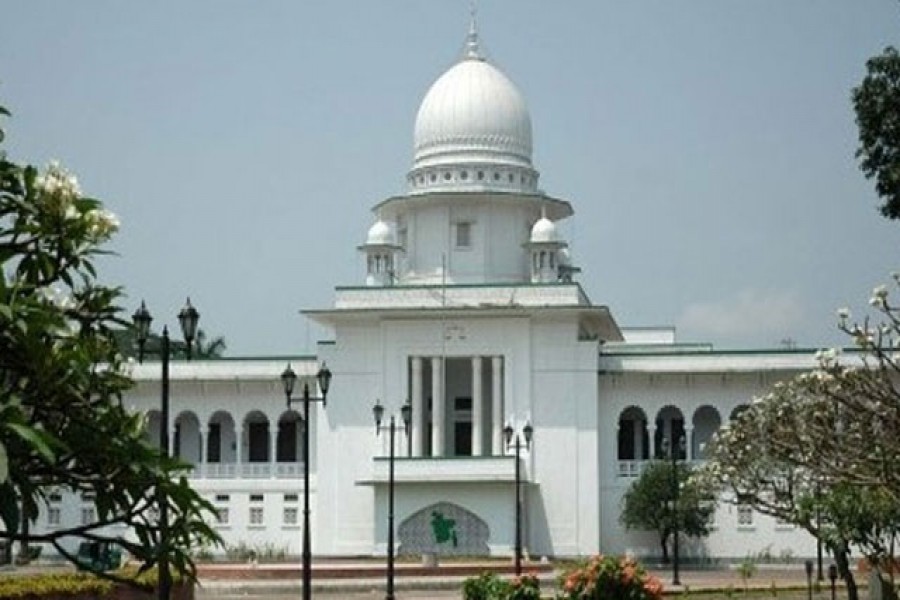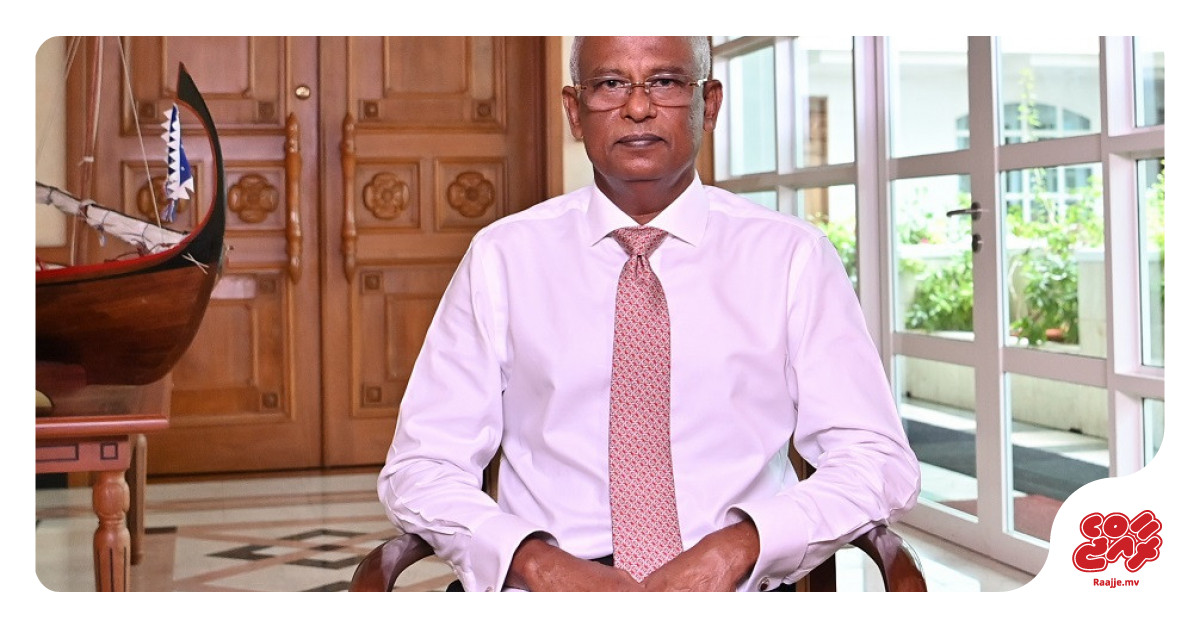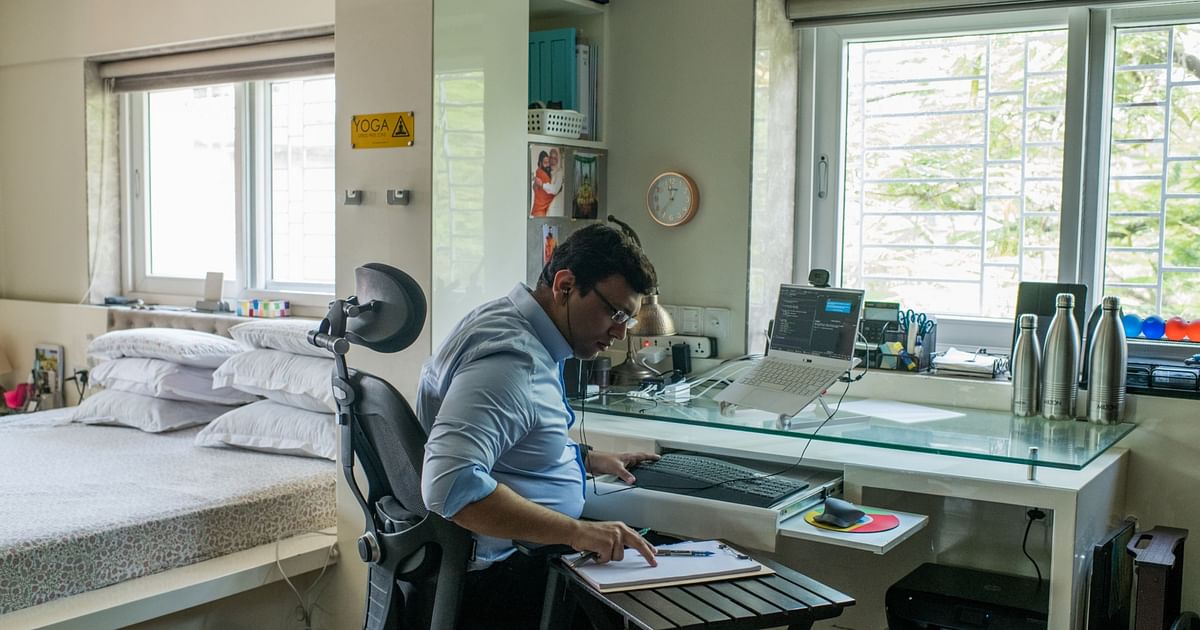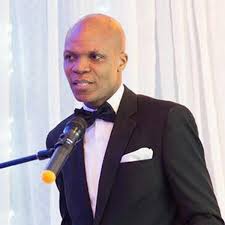The government should introduce a special salary structure for teachers: stakeholders

Stakeholders in the education sector have called for a special salary structure for teachers to make teaching more attractive and rewarding.
South East actors made the call in separate interviews on the deplorable conditions of primary schools and low teacher pay in Nigeria.
They denounced the poor salary structure of teachers, especially in public primary and secondary schools, pointing out that development was affecting productivity in the sector.
They urged governments at all levels to give a premium to the salaries and welfare of teachers in Nigeria at the primary and post-primary levels.
In Ebonyi, Christian Chukwu, a retired secondary school teacher, noted that the monthly salary paid to a teacher remains among the lowest compared to workers in other sectors.
“What a public school teacher in Nigeria receives every month is extremely poor and disproportionate to the time, energy and work he puts into training and educating school children,” Mr. Chukwu.
He recommended an improved salary package for teachers to make their work more attractive and rewarding.
Friday Elom, former special assistant for primary education in Ebonyi, highlighted the need for increased budgetary allocation to the education sector.
“Firstly, we do not prioritize education hence the low budget allocation to the sector in each fiscal year. Teaching must be fully professionalized while practitioners must possess the relevant and required knowledge before being licensed practice in Nigeria,” Mr. Elom noted.
Mr. Elom pointed out that making teaching everyone’s business “has been the reason for paying low salaries to teachers, but once teaching is fully professionalised, the sector will be regulated”.
He added, “Regulation of teaching practice will allow only those with a teaching license to be permitted to teach in public and private schools in Nigeria.”
Lovelyn Ebuka, staff member of the Ebonyi Ministry of Education, said countries that put teachers first generally enjoy positive outcomes and standards.
“Due to the appropriate remuneration of teachers in countries such as; In Finland, South Africa, Ghana, among others, the level of education and learning is higher and many qualified personnel travel to these countries in search of greener pastures,” she said. declared.
In Imo, actors in the education sector called for the overhaul of the primary education sub-sector to improve the quality and standard of education.
In her contribution, owner of Fine Foundation Nursery and Primary Schools Owerri, Charity Osuji, said an overhaul of the system was long overdue.
“We can’t afford to pretend that everything is fine; some of our students are sitting on the bare ground and others are standing on flooded assembly grounds, as we saw on social media some time ago,” Ms Osuji said. “This is unacceptable, and only a total overhaul of the system can save the situation.”
Also contributing, a retired teacher, Florence Irediuwa, recommended an upward revision of the salaries of primary school teachers.
Ms Irediuwa said it would help improve their attitude to work and reduce distractions from part-time jobs.
“Some of our teachers are doing part-time jobs to make ends meet, and you don’t blame them because they have to put food on the table. Thus, an upward revision of their salaries and allowances will go a long way in boosting their morale for optimal production,” she added.
One parent, Sampson Uhuegbu, lamented that primary schools, rather than serving as mainstays of education, are fast becoming “endangered species”.
Mr. Uhuegbu urged the government to partner with individuals and organizations such as religious bodies to revive the sub-sector. He noted that the quarterly inspection of schools by state governors should be enshrined in Nigeria’s constitution to serve as a wake-up call for the restructuring of education in the country.
One councillor, Abigail Adams, expressed concern that children were rapidly losing interest in education. Ms Adams, a mother of three, blamed it on the wave of school dropouts and the prioritization of entertainment and social media over formal education.
In Enugu, concerned residents have denounced the deplorable state of primary schools in terms of a shortage of classrooms due to an increase in enrollment over the past five years. Many classrooms are often overcrowded.
Olu Omotayo, president of the Civil Rights Realization and Advancement Network (CRRAN), said that despite overcrowding, primary schools in Enugu were deplorable.
“Besides the structures, primary school teachers and supervisors no longer take their jobs seriously due to low pay, late payment of pensions to retired colleagues and lack of social concern,” Omotayo said. “The government should engage stakeholders to suggest ways to improve public primary schools and increase their monthly salary and other entitlements to attract zealous teachers into the system.”
A worried parent, Chichi Ani, said that apart from deplorable structures that could be easily fixed, primary schools had been made less attractive by the dismissive way teachers were treated in society.
“Before, the respect and recognition given to teachers will certainly make one want to be a teacher or associate with them. But today, the opposite is happening; politicians and administrators see teachers as people they can play around with with their payments and even their pensions, while denying them their rights for a very long time,” Ms Ani said.
Meanwhile, teachers at Enugu Primary School had embarked on an indefinite strike for nearly two months over the non-enforcement of the 30,000 naira minimum wage.
Education Commissioner Uchenna Eze said the government has already met with leaders of the Nigeria Union of Teachers and will soon start implementing the new salary for primary school teachers.
“The government is putting in place the final modalities to resolve the issue that led to the indefinite strike launched by primary school teachers in the state,” Eze revealed.
In Anambra, low job satisfaction among public primary school teachers has been blamed on low enrollment in primary schools.
Some parents and guardians who spoke in Awka said the lack of primary schools in most new residential areas was another problem.
Collins Okeke, a resident of Ifite-Awka in Awka, said there was only one government primary school serving the entire area. He called on the Anambra government to establish primary schools in response to population growth.
Mr Okeke added that those living around Government House, GRA and the newly developed areas of Ifite-Awka were forced to send their children to private primary schools.
Chinenye Emordi, a secondary school teacher, said there was a need to improve the working conditions of primary school teachers to make them more engaged in their work.
Efforts to get government comments were unsuccessful, as calls and messages to Education Commissioner Ngozi Udeh in Anambra were unsuccessful.
Last year, the federal government announced that teachers would start benefiting from the new salary structure promised by President Muhammadu Buhari from January 2022.
Former Junior Education Minister Chukwuemeka Nwajiuba revealed this on World Teachers Day 2021.
(NOPE)








